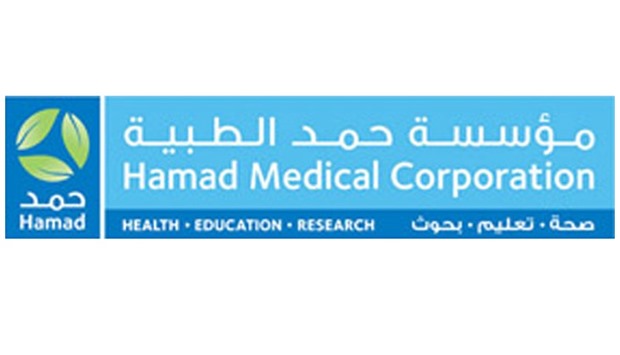Diabetic retinopathy – damage to the retina caused by complications of diabetes which can lead to blindness – can be prevented through regular eye check-ups and management of blood sugar levels, Dr Osman Mohamed, senior consultant ophthalmologist at Hamad Medical Corporation (HMC), has said.
Worldwide diabetic retinopathy rates have significantly increased during the past few years and the European Society of Retina Specialists Congress (EURETINA), held in Germany in late 2013, has called for diabetic retinopathy to be classified as an epidemic.
Diabetic retinopathy is caused by complications of diabetes and can lead to blindness. “Diabetes is a major concern to the population here in Qatar, affecting about 17% of the population. Diabetic retinopathy is the most common chronic complication of diabetes, affecting about 40% of diabetic patients here in Qatar,” said Dr Mohamed.
He explained that diabetic retinopathy usually results from long-term uncontrolled blood sugar levels in diabetic patients. “The longer a patient has diabetes, the higher the chance he or she will be affected by diabetic retinopathy,” he noted.
“The EURETINA recommends patients have eye check-ups early on, when they are first diagnosed with diabetes, to check for any damage in the retina, according to which regular follow ups should be scheduled and, if applicable, a suitable treatment offered to the patient,” said Dr Mohamed.
HMC’s national Diabetes Centres, at Hamad General Hospital and in Al Wakra Hospital, are providing Qatar’s diabetic population with improved patient care and access to specialised services offered through a multi-disciplinary approach. The ‘one stop shop’ offers all specialties and services, from initial screening through to treatment, including ophthalmology services.
“From my experience of 20 years treating diabetic retinopathy patients, I can attest that prevention through maintaining controlled blood sugar levels is the best option for diabetes patients. Although treatment is available, for some cases the damage can be irreversible and the patient’s vision often can’t be restored one hundred percent,” said Dr Mohamed.
According to Dr Mohamed, while HMC offers a number of treatments for retina damage and dysfunction, including laser therapy, injections, implants and surgery, laser therapy remains the most common treatment option for preventing severe vision loss for diabetic retinopathy patients.
“Depending on the situation of the patient, the doctor will choose the best line of therapy,” added Dr Mohamed.

HMC
